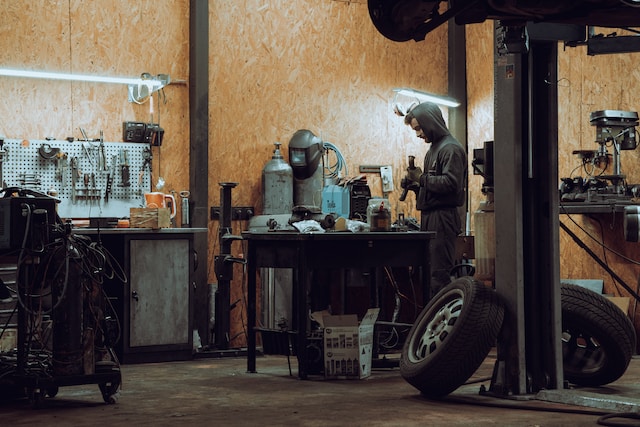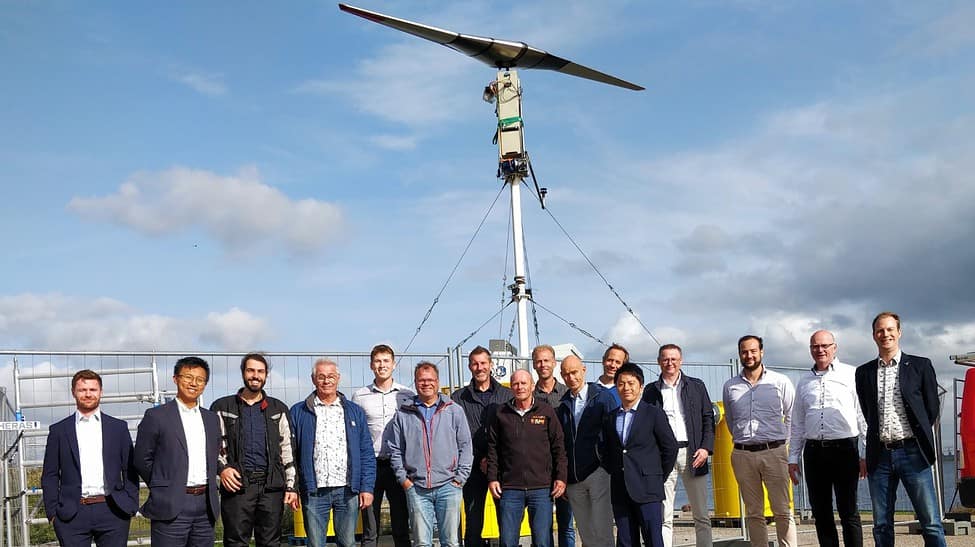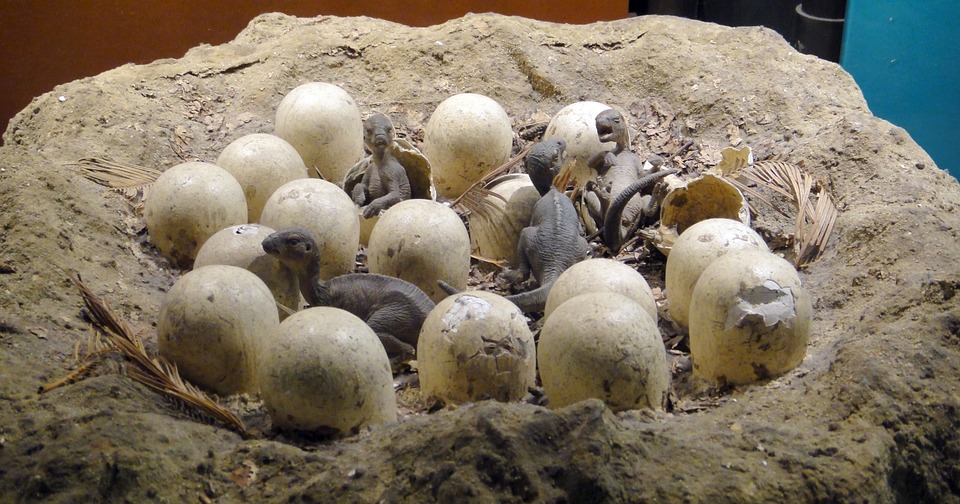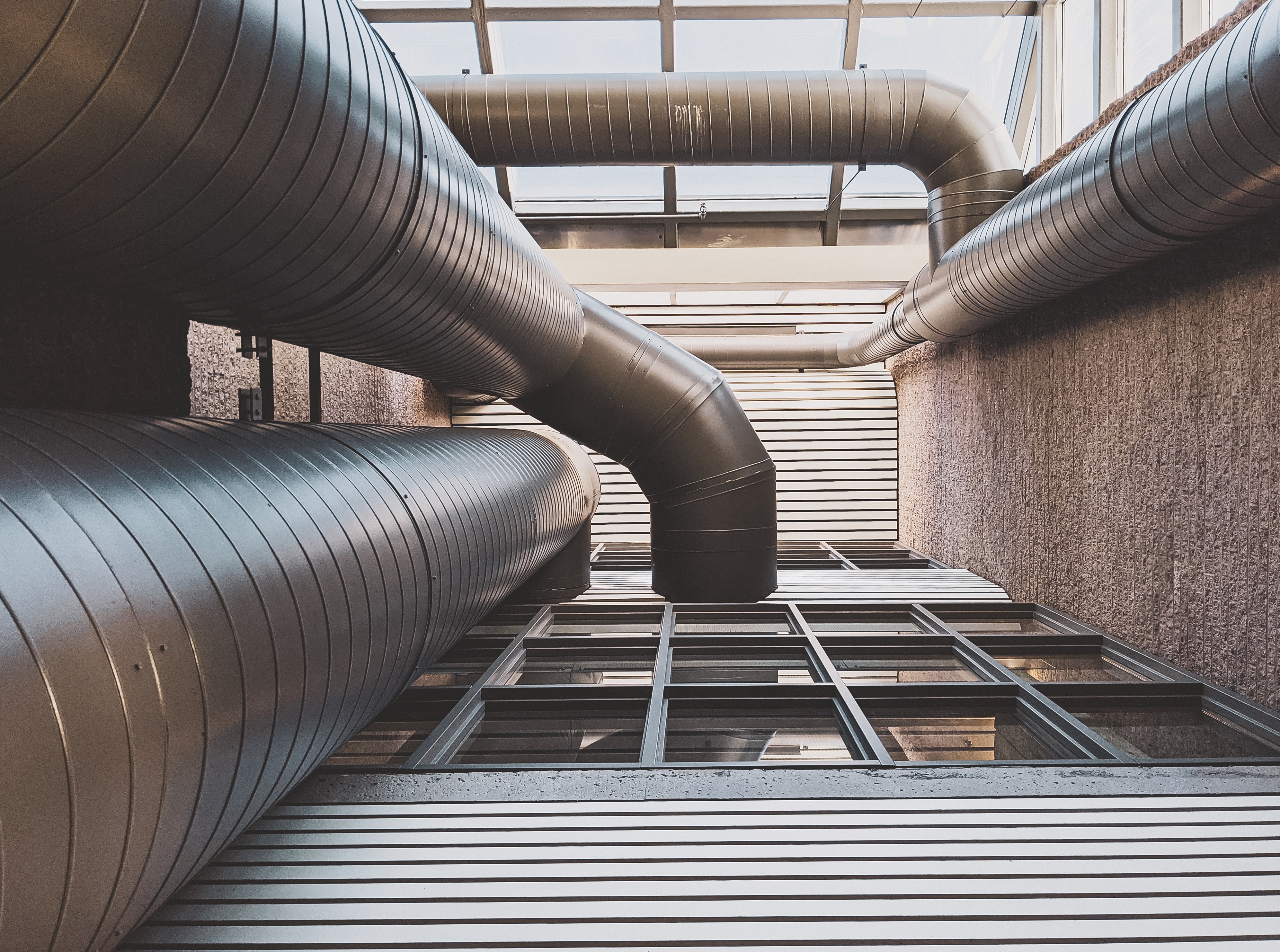Cool designs these days are like Whack-a-Mole: once you’ve seen something really interesting, another more interesting design pops up. Perhaps this is a testament to the human imagination and availability of great graphics software. But today’s designs, in all fields of technology and engineering, are being created with the expectation that “nothing is too wonderful to be true if it is consistent with the laws of nature” idea championed by Michael Faraday.
800 Passenger Concept Plane
But the Progress Eagle, designed by Spanish industrial and graphic design star Oscar Vinals, is a triple-decker plane capable of ferrying 800 passengers, powered by hydrogen, solar energy, and a wind turbine. Vinals’ design includes six hydrogen engines, has “self-repairing wings” and is powerful enough to take off vertically. Vinals is known for futuristic designs as evidenced by his SkyWhale, released in 2014.
This type of aircraft, according to Vinals would be the world’s first zero emission jetliner. With the US Environmental Protection Agency (EPA) continually moving the goalposts with new limits on airplane emissions, new thinking is required in the aviation industry.
Progress Eagle is designed to include: 1) quantum solar cells, 2) low-frequency RF & Electromagnetic cells, 3) thermoelectric cells, and 4) wings made of hexagonal cells. New materials would include: 1) aluminum alloys embedded with electric circuits, 2) transparent protective polymer materials, 3) thermoelectric polymers that convert heat into electricity, 4) metamaterial power harvesters that convert low frequency and electromagnetic fields into electricity and more.
Achieving what Vinals envisions would also require the use of new materials such as graphene.
Following is more video of the super jumbo jet concept Progress Eagle.







